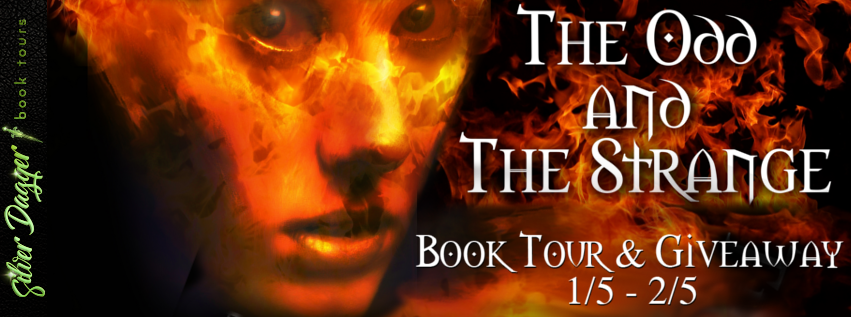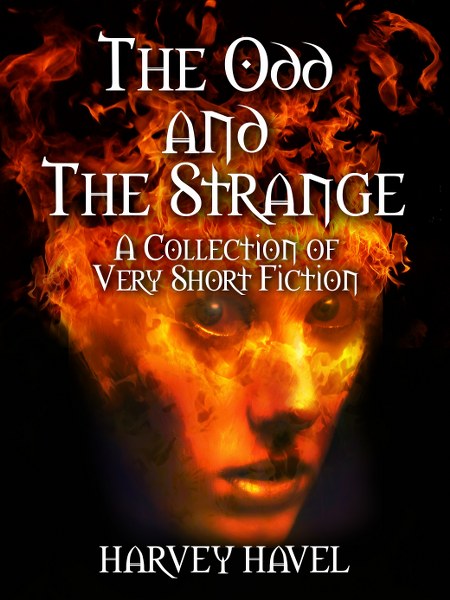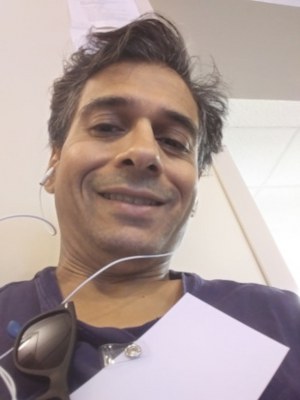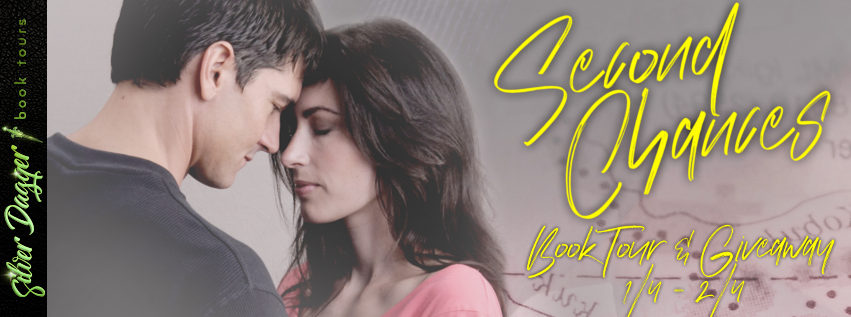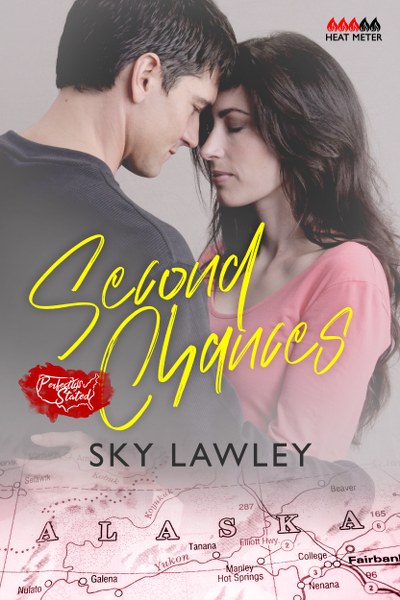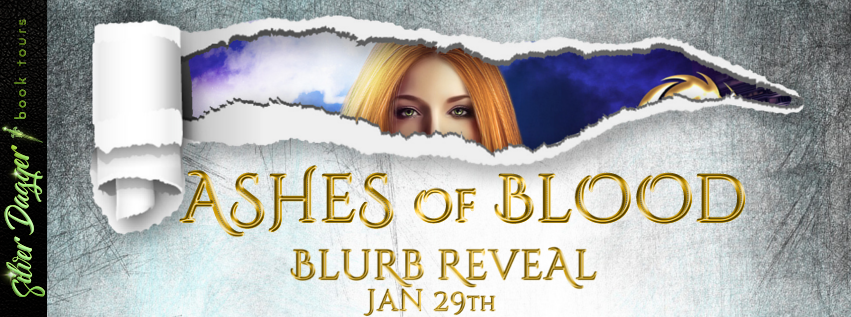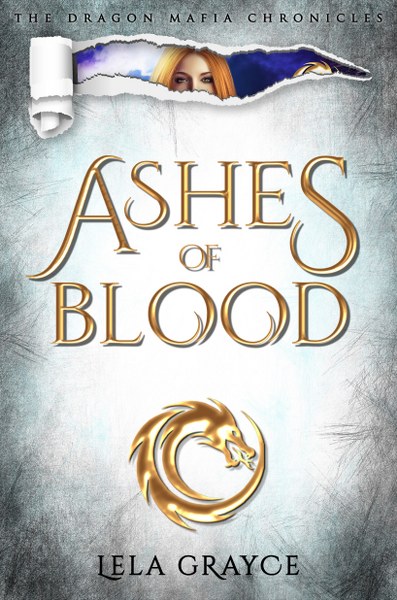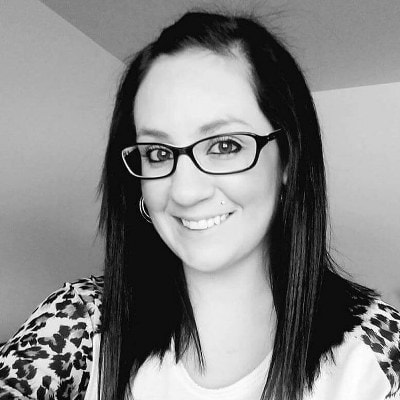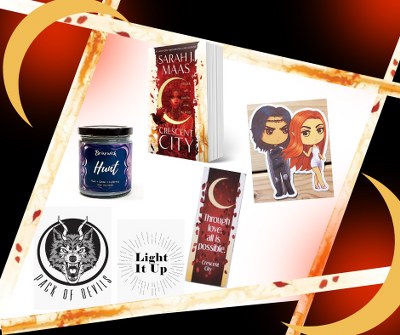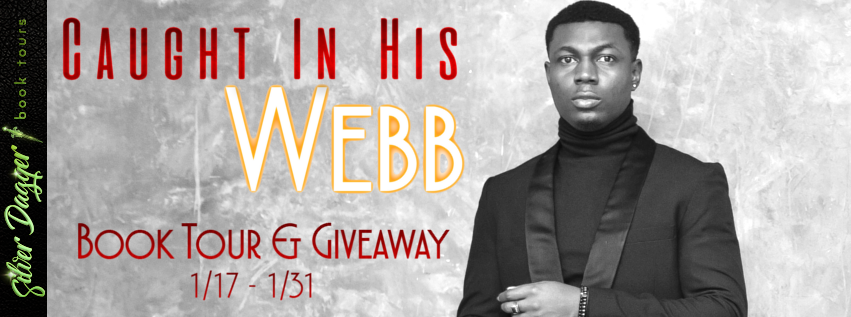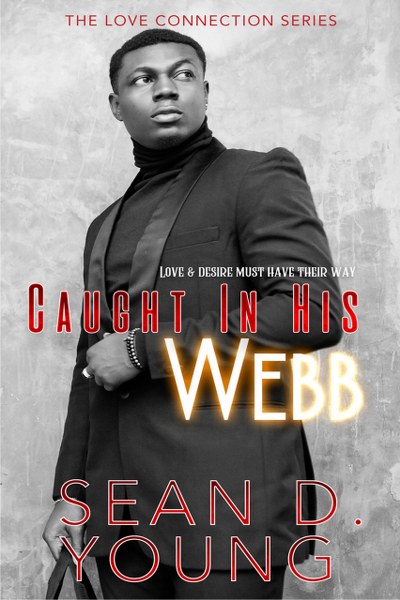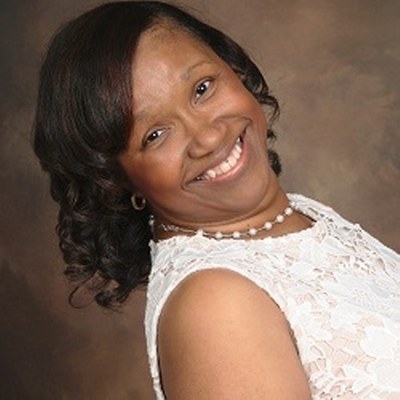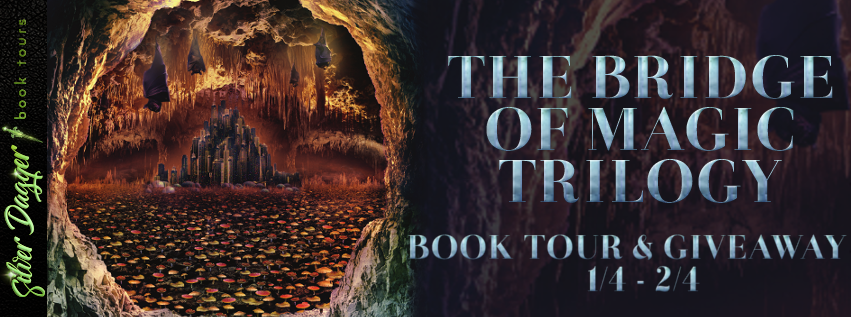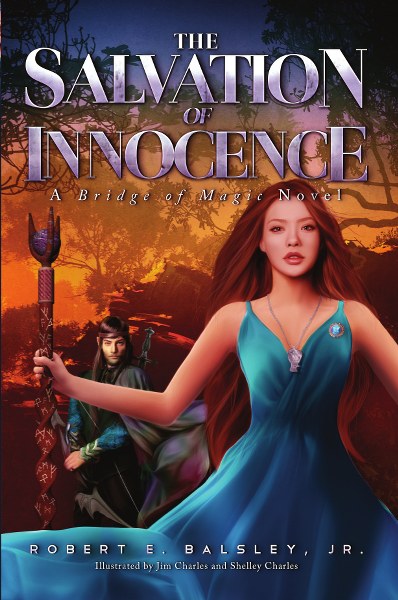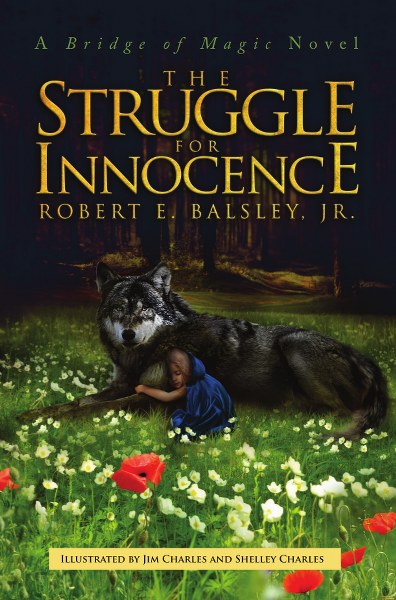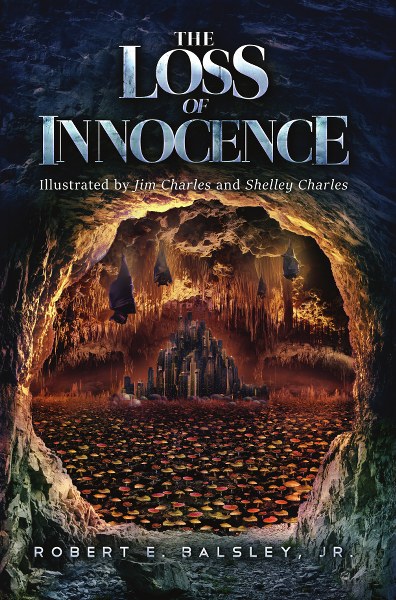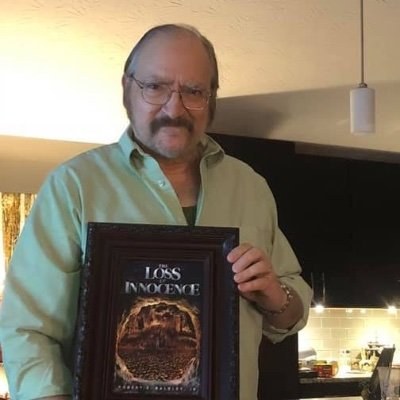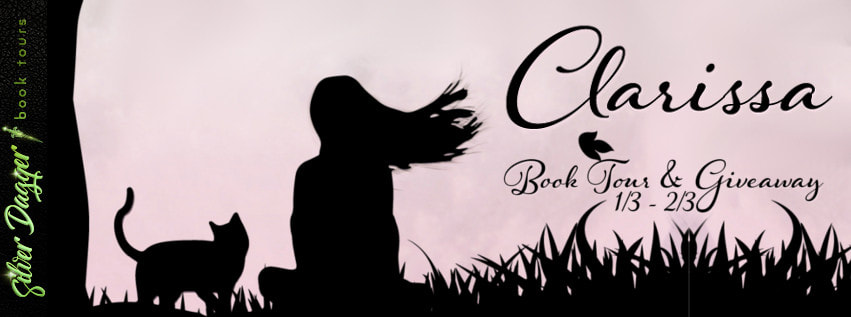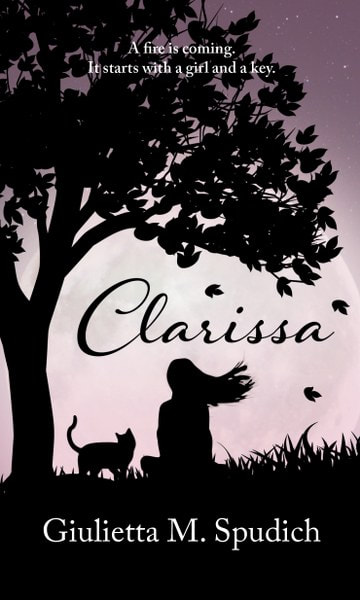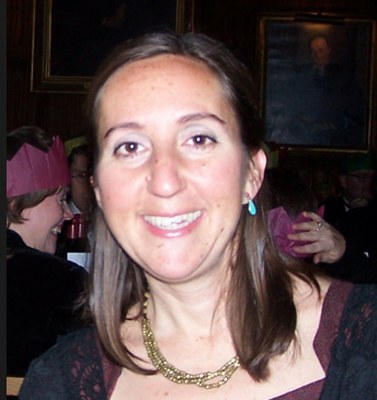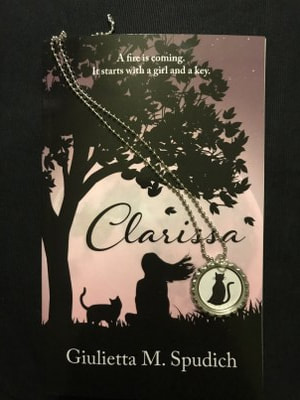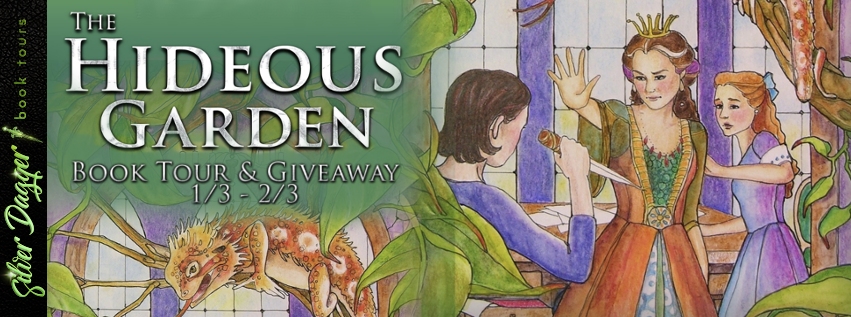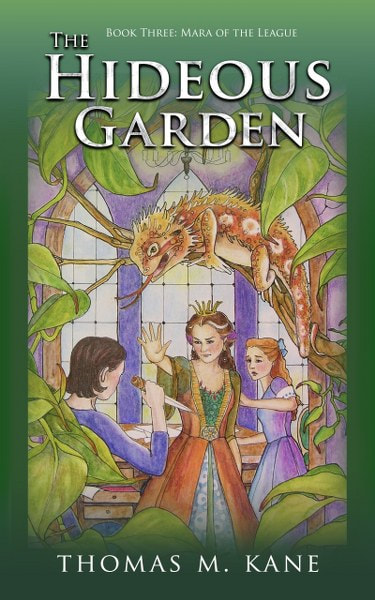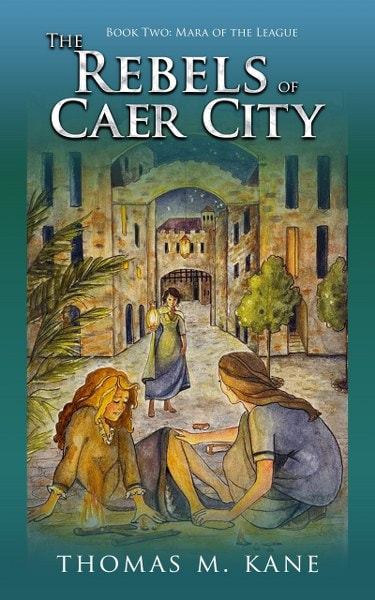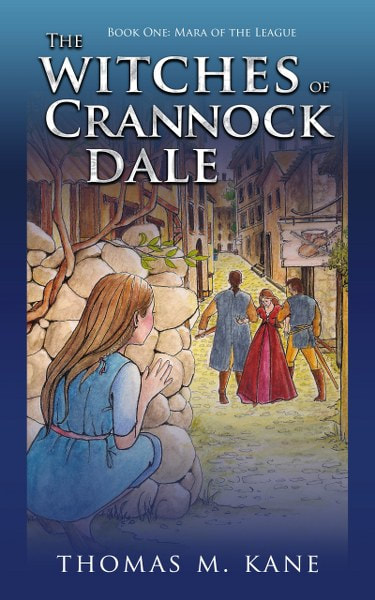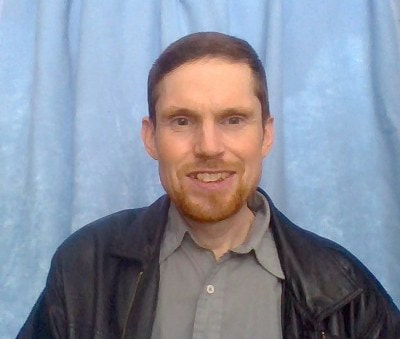Guest Post Topics for Silver Dagger Book Tours
- Can you, for those who don't know you already, tell something about yourself and how you became an author?
I went to a tiny college in Hartford, Connecticut. In my sophomore year, I joined a fraternity. In my senior year, there was a fraternity brother of mine named Jason Morfoot who told me this story about a group of guys who wrote poetry and literature all the time, smoked a lot of pot, dropped a lot of acid, and drove around in a psychedelic-painted bus with the Grateful Dead.
Once I heard this story, I asked Jason to tell it to me over and over again, probably to his chagrin. I was so charmed by what the Beats did way back when that I said to myself, ‘Gee, maybe this writing thing is for me.’ Of course, it never turned out the way it turned out for them, but I never would have gone into writing had Jason not told me about the Beat Generation. At the time, it sounded like they lived a fairy-tale life. Perhaps they did.
- Where were you born/grew up at?
I was born in Lahore, Pakistan in 1971. I immigrated to the United States when I was just a newborn. My family first moved to Buffalo, New York, and over the years, we found ourselves in New York City by the mid-1970s. Back then, New York City was in dire straits – high crime, intense poverty, drugs, etc. I still can’t believe how my mother got through it all, living in the toughest neighborhood in the city at the time, which was then known as Alphabet City, or what is currently known as the Lower East Side. God must have been with her the entire time. I am really amazed at how she persevered. She was incredible woman, even though our relationship was not.
- What do you do to unwind and relax?
I like listening to the radio a lot. Usually, NPR, or Classic Rock and Roll.
- What inspired you to write this book?
Interestingly enough, these stories were somehow stored on my computer for several years before I accidently found them in a hidden file on my hard drive. I discovered nearly ninety short stories that I forgotten I had ever written. It turns out that nearly seven or eight years ago, the poet, John Allen of Albany, New York, had asked me to submit stories for his website, The New Surrealist Institute, which is now defunct. This site had really been thriving, and a core group of authors had submitted avidly to it. It was also quite popular with many readers. When the website went offline, I had simply forgotten about the stories. When I found them, I just knew I had to compile them into a book.
I wouldn’t say that anything in particular inspired me to write these stories, though. The ideas came to me out of nowhere, which is why it took a lot of effort to construct them. Some of the political stories were inspired by the 2016 elections, for instance. There’s a science fiction story that is more a personal response to my past relationships with friends who have now grown up to do amazing things with their lives. A couple stories are tributes to old friends of mine who had passed on: a painter friend of mine who had committed suicide in the 1990s and also a Black-American bluegrass musician who had recently passed away a couple of years ago. But I can’t say exactly how I got the ideas for them, which is strange. They are very diverse and, I hope, fun to read.
- What can we expect from you in the future?
Right now, I am working on a book about September 11, 2001, when the Word Trade Center in New York was hit by a terrorist attack. I haven’t been working on the project consistently as of late, though, but I hope to have it done in a couple of years. Sometimes, life gets in the way of writing every day, which is something I made sure to do. But I really do want the September 11th book to be my finest publication, so it is always on my mind, and when I am working on it, I am working really hard.
- Who designed your book covers?
I have to do everything on the cheap, as I have self-published for a long time. I usually find ready-made covers on the web, purchase them, and use them for my book covers. I use a site called www.selfpubbookcovers.com. There’s a guy named Rob there who runs the show, and he has always been very responsive and helpful. He has hundreds of covers to choose from. Hiring designers for the job is just way too expensive for me. Ready-made covers from great designers are a great way to package my books.
- Anything specific you want to tell your readers?
Never give up! Never give up! Never give up!
- How long have you been writing?
I have been a professional writer for nearly 30 years without much success. While I have published 18 books, it seems that it is hard to attract the public to read them. I am definitely not able to make a living off of any of these books. Instead, I have a fixed income every month from a variety of sources, including Social Security Disability, that has sustained me for all of these years. While I am very happy to see all of my peers succeed and do very well in life, it has been equally as difficult to remain within the same income bracket for so long. But then again, if you are concerned about the money, writing is definitely not the right career path to choose, or so is my experience.
Lately, I have been taking it easier. I hope to continue writing for the rest of my years, but I do admit that I am a bit tired of always being broke and pinching pennies all the time. That is the hard part. But somehow, I have made it through, and my books are all out there, should anyone find them.
- What kind of research do you do before you begin writing a book?
I invest a lot in the research process. After a general story idea comes to mind, I refine that idea into a plot outline. Once that is done, I target those parts of the plot that I know nothing of.
For instance, I wrote a book about football. While I had known about football from playing it in my youth, I needed to investigate how professional players practice, not generally, but specifically. So, with that example in mind, I had to go to the library, or surf the internet, to find books that detailed the drills that professional coaches used in their practices. I took this information and then put them on notecards. Then, I added this information to the plot outline and created a chapter-by-chapter outline with the research included in every respective chapter. That’s how it has worked for me thus far.
Also, I find it extremely important to include a bibliography at the back of the book, should I use research. That way, the writing is based not only on my imagination, but also cold, hard facts. One should always cite one’s sources anyway. Plus, I have found it really fun doing the research. It’s incredible how much I have learned about a variety of subjects over the years. When writing historical fiction especially, research is always key.
- What do you think about the current publishing market?
Not much. But then again, I haven’t read much of what is out there.
- Pen or type writer or computer?
I usually hand-write a manuscript, revise it on paper, and then I type it into the computer, constantly revising it. I then print out the manuscript and revise it again. But I usually do this chapter-by-chapter, not the entire manuscript at once. I find it easier to break it down into manageable parts.
I used to hand-write it and then use a typewriter, but luckily for everyone, the personal computer came along.
- Advice they would give new authors?
Definitely do not put all of your eggs in the one basket of writing. If you are going to write or edit for a job, or work as a journalist for a decent salary, that’s fine. But please do not make the same mistake I had made by banking it all on writing fiction novels at an early age. Even though I have developed as a writer through hardship, I don’t think it was really all that worth it.
If I had to do it all over again, I would have chosen a career with a good salary, so that I could have afforded a good car, attracted a nice girlfriend, afforded a simple house, and did what most of my peers have done, or at least developed how most people are portrayed in the media of today. I wouldn’t have had such a cavalier ‘all or none’ attitude about a becoming a writer.
Betting it all on the one hand and winning at it is the stuff of dreams and fantasy and not reality. I am definitely not saying that it won’t happen, though, because a new author definitely could hit the big time with a book or a number of books. But if you find yourself broke and on the street in the freezing cold, as I have witnessed in every city I have lived in, you should really stop and reassess where you are heading. In my opinion, it is not possible to write under conditions of abject poverty for too long. Better to get a roof over your head before writing that next line.
